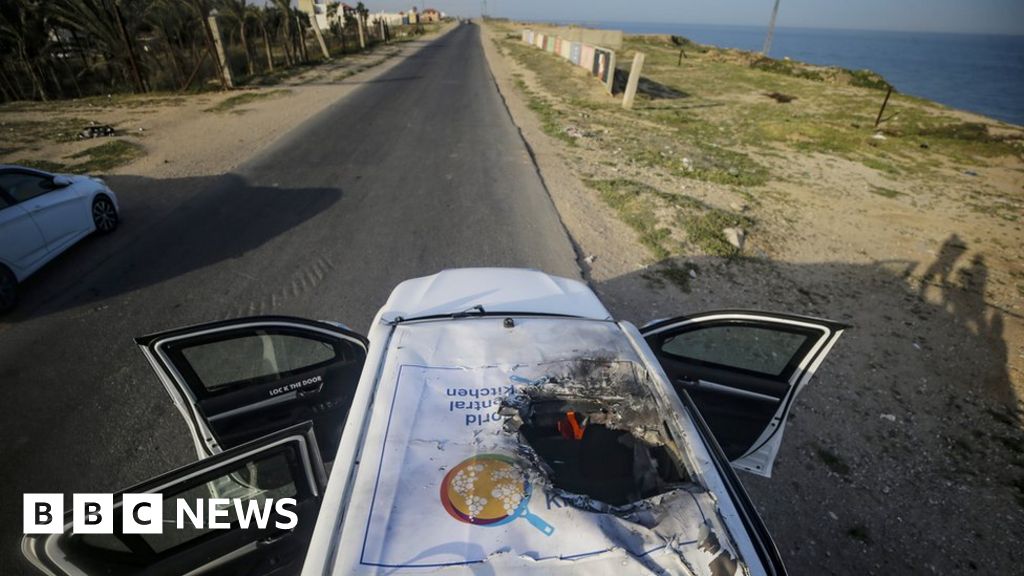AfDB Moves Natural Capital Secretariat to Boost Climate-Resilient Growth
AfDB takes over Africa’s Natural Capital Secretariat, boosting the continent’s climate leadership and drive for resilient, sustainable growth.

By Thuku Kariuki - Africa is rich in natural wealth, fertile lands, minerals, forests, and vast waters, yet its true value is often overlooked. Now, the African Development Bank (AfDB) is stepping in to change that.
By hosting the Secretariat of the Africa Natural Capital Accounting Community of Practice (Africa NCA-CoP), AfDB is positioning the continent to take charge of its resources and lead the way in climate-resilient development.
The Africa NCA-CoP, which brings together more than 500 members from 48 African countries, was previously housed at the World Bank. Its relocation to AfDB’s headquarters in Abidjan, Côte d’Ivoire, will provide a stronger base for collaboration and more coordinated action.
AfDB’s climate credentials have grown steadily in recent years. The Bank has played a high-profile role at United Nations COP summits and was highly visible at this month’s Africa Climate Week in Addis Ababa, hosting events, driving executive-level discussions, and ultimately announcing this landmark partnership.
Beyond offering the Africa NCA-CoP an effective working environment, the arrangement enables AfDB to strengthen its leadership in integrating natural capital into Africa’s climate-resilient development strategies.
Fred Kabanda, Manager of the Bank Group’s African Natural Resources Management and Investment Centre, underscored the importance of the move:
“The African Development Bank is prioritizing natural capital as outlined in its Natural Resources Management and Investment Action Plan (2025–2029), which is anchored in the Ten-Year Strategy (2024–2033). Hosting the Africa NCA-CoP Secretariat allows the Bank to strengthen capacities, foster collaboration, and ensure that natural capital is fully integrated into policies and investments that drive climate-resilient development across Africa.”
The urgency for such leadership is clear. From the Atlantic to the Indian Ocean, and from the Mediterranean to the Cape, African nations remain highly vulnerable to the impacts of climate change, despite making the smallest contribution to global emissions.
While many governments on the continent have introduced programs to curb greenhouse gases, the effects of emissions from developed nations continue to drive droughts, floods, and shifting weather patterns.
Repeated appeals to major carbon producers to finance adaptation and mitigation efforts have largely gone unmet. At the recent Africa Climate Summit in Ethiopia, leaders renewed calls for $300 billion in climate financing by 2035.
In the meantime, AfDB and its partners are championing a different approach, moving away from aid dependency toward strategic investment.
Their ambition is bold: to mobilize between $2.5 trillion and $3 trillion annually by 2030. Natural capital is central to this vision, and the Africa NCA-CoP partnership is expected to accelerate progress.
Africa’s natural wealth is undeniable: geothermal energy, rare minerals, fertile farmland, and the vast resources of the blue economy. These assets are vital for economic growth, food security, and poverty reduction. Yet their value is often underestimated in global decision-making, leading to ecosystems being overlooked and climate vulnerabilities inadequately addressed.
AfDB’s latest partnership seeks to correct this imbalance. By championing natural capital, the Bank hopes to unlock fresh opportunities for green entrepreneurs and mobilize investment that will shape a more sustainable future.
More than just a relocation, the alliance with the Africa NCA-CoP marks a strategic step in positioning Africa as a leader in climate-resilient growth and a stronger voice in global climate discourse.
What's Your Reaction?


















































